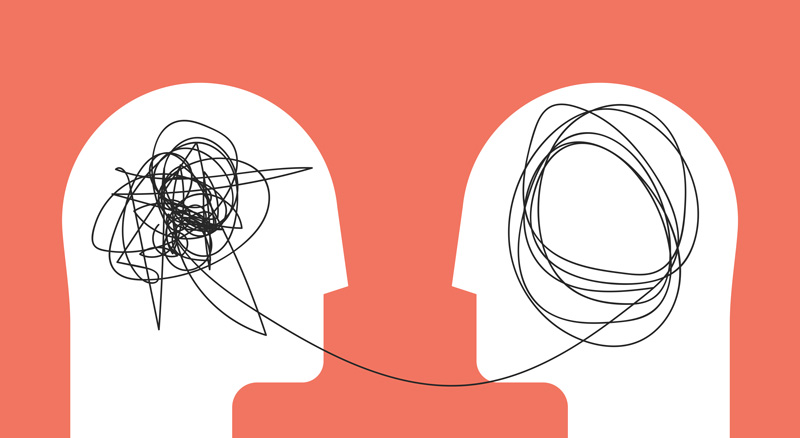2 mins read
February 4, 2023
Diversity in the media is crucial because it represents and reflects the diverse society in which we live. The media is a powerful tool for shaping public opinion, attitudes, and beliefs, and it is therefore essential that it accurately reflects the diversity of its audience.
Diversity in the media can help to combat prejudice and promote understanding between different groups. When people see themselves and their experiences reflected in the media, they feel valued and seen. Conversely, a lack of representation can lead to feelings of marginalization and exclusion.
Furthermore, media diversity can play an important role in promoting equality and combating discrimination. Representation of marginalized groups in the media can help to challenge stereotypes and promote a more nuanced understanding of different communities. This can in turn lead to more empathy and understanding, and a reduction in prejudice and discrimination.
Diverse media can also help to promote social cohesion and encourage dialogue between different groups. When different perspectives and experiences are represented in the media, it can foster a sense of belonging and encourage dialogue and discussion between people from different backgrounds.
In addition, diversity in the media can bring about positive change in society. Representation of underrepresented groups can help to bring attention to important social and political issues, and can help to spark change and progress. For example, the representation of LGBTQ+ people in the media has helped to increase visibility and acceptance of the LGBTQ+ community, and has played an important role in the advancement of LGBTQ+ rights.
However, despite the importance of diversity in the media, representation remains a challenge. In many countries, media ownership is concentrated in the hands of a few corporations, and the voices and perspectives of marginalized groups are often underrepresented or excluded entirely. This can lead to a narrow representation of reality, and can perpetuate stereotypes and prejudice.
Moreover, media diversity is also often limited by the fact that many media outlets are run by people who come from a limited range of backgrounds and experiences. This can lead to a lack of understanding of the experiences and perspectives of marginalized groups, and can result in insensitive or even harmful representation.
To address these challenges, there is a need for more diversity in the media industry, both in terms of ownership and staffing. This can help to ensure that media outlets are representative of the communities they serve, and that a range of voices and perspectives are heard.
In conclusion, diversity in the media is important because it represents and reflects the diverse society in which we live, helps to combat prejudice and promote understanding, encourages social cohesion and dialogue, and can bring about positive change in society. Despite the challenges, it is important that the media industry works to increase diversity in order to ensure that all voices and perspectives are heard.



